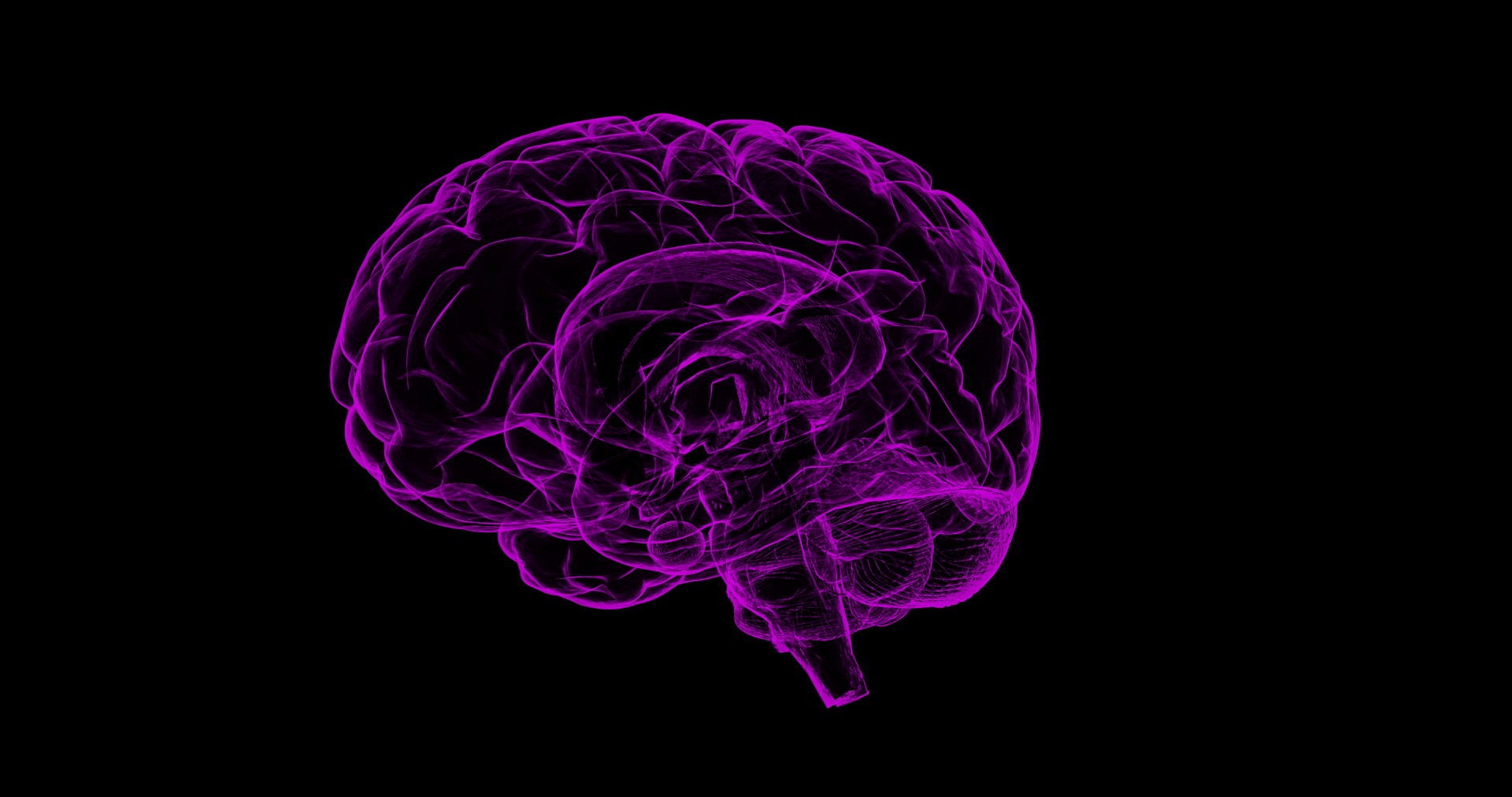News release
From:
Experts available from La Trobe University during National Stroke Week
Principal Research Fellow and Director of the NHMRC funded Centre of Research Excellence in Aphasia Recovery and Rehabilitation (www.latrobe.edu.au/aphasiacre)
https://scholars.latrobe.edu.au/mlrose
Highlighted topic in 2022:
Communication disability/aphasia after stroke; impacts on stroke survivors, family and friends; The Aphasia CRE’s 5 programs of research: addressing prediction of recovery; treatment effectiveness; using technology to enhance treatment and healthcare communication; mental health and wellbeing; inclusion of people with aphasia in healthcare and stroke research
Quotes relevant to National Stroke Week 2022
“56% of stroke survivors with aphasia experience depression or anxiety- psychological treatments need to be specially adapted for people with aphasia.”
“The majority of people with aphasia after stroke lose friends and can become socially isolated: community aphasia groups are a feasible and cost effective solution that should be implemented.”
“Speech pathology treatments to reduce the communication disability are effective for people with aphasia after stroke: novel service-delivery methods are available for implementation.”
Occupational Therapy, School of Allied Health Human Services and Sport
https://scholars.latrobe.edu.au/l2carey
Highlighted topic in 2022:
Personalising stroke recovery through new technologies
Linked with study titled: Staying connected: personalising stroke recovery and rehabilitation through new technologies for people with stroke living at home.
Quotes (bold only) relevant to National Stroke Week 2022
“Leaving hospital is ‘like falling off a cliff’.
Survivors of stroke have unmet needs when they return home to live in the community. Yet, ongoing recovery is disrupted by the lack of tailored professional services to support mid and long-term recovery. We must bridge this gap.”
“Our new program of research will deliver bursts of therapy at point of need, at home; and provide feedback through new technologies and a central hub…to stay connected, and to recover at home.”
Our approach has 3 points of innovation: monitoring the person in real-time at home for markers of recovery; personalised, goal-directed therapy for real-world activities, enhanced new technologies (therapist avatar); a centralised hub with interactive database informed by artificial intelligence, and supported by a network of sites and up-skilled therapists.
“Personalised best practice therapy: at the right time and right place.”
Physiotherapist and Research Fellow
https://scholars.latrobe.edu.au/bshaslam
Highlighted topic in 2022:
Chronic pain post-stroke
Quotes relevant to National Stroke Week 2022
“Up to 70% of people with stroke experience chronic pain. This further affects their abilities to perform and enjoy everyday activities beyond the physical difficulties due to their stroke. They are often told that having ongoing pain is just something that they have to live with”.
This doesn’t have to be the case, things can be done...



 Australia; VIC
Australia; VIC


